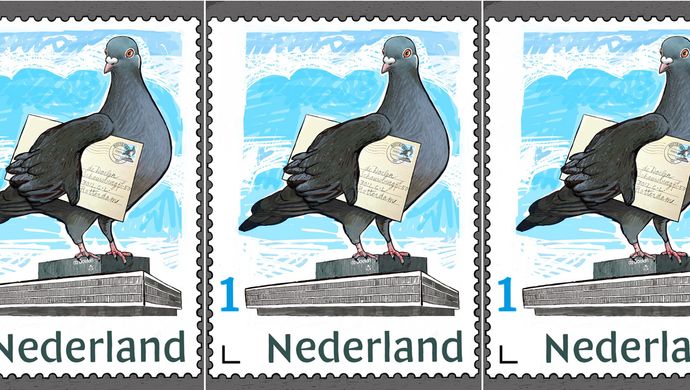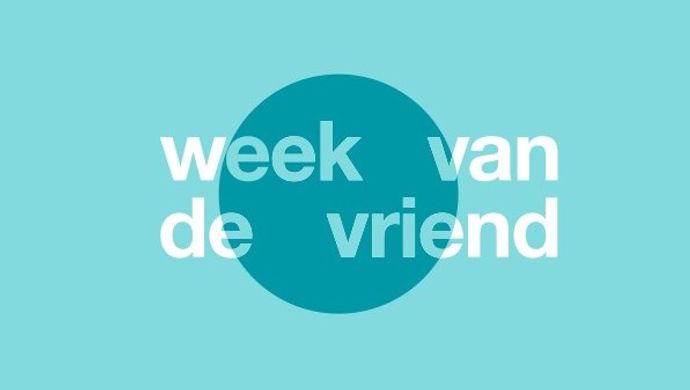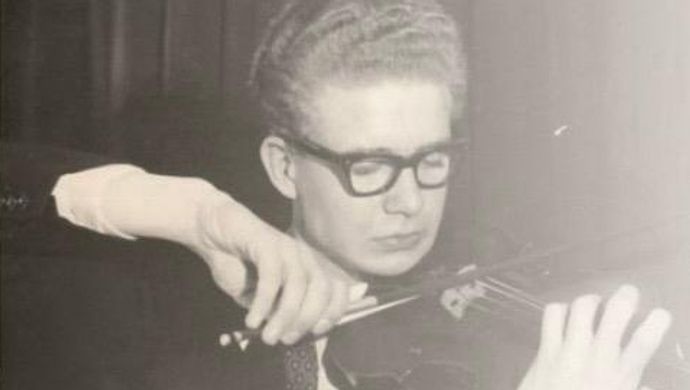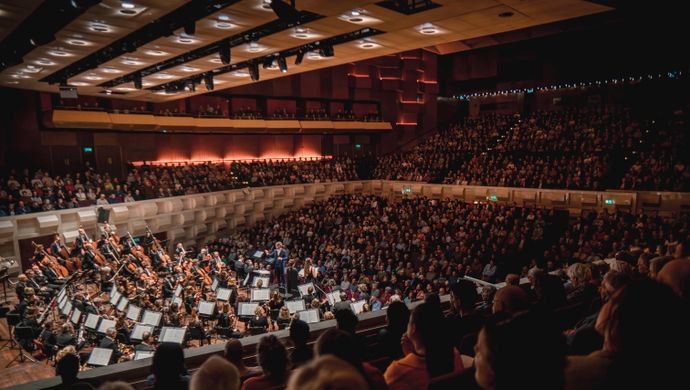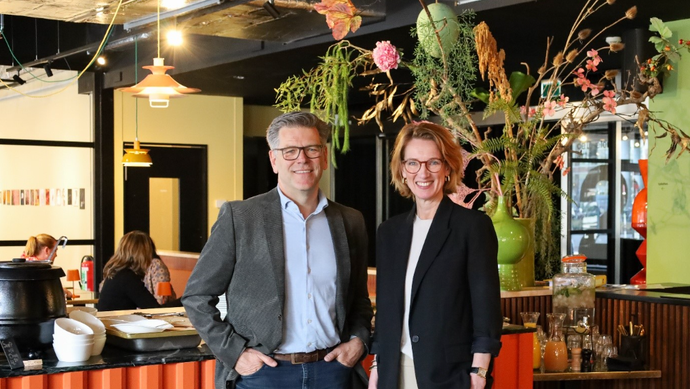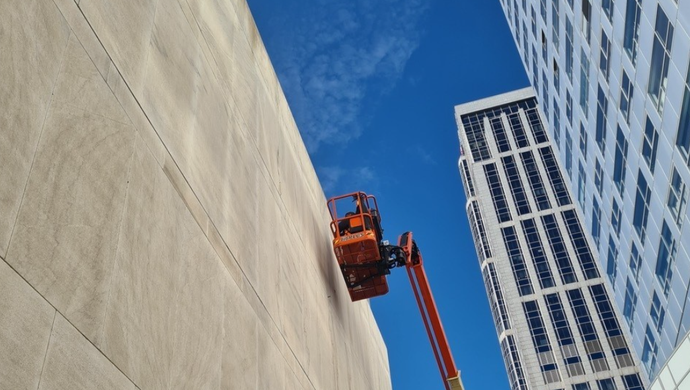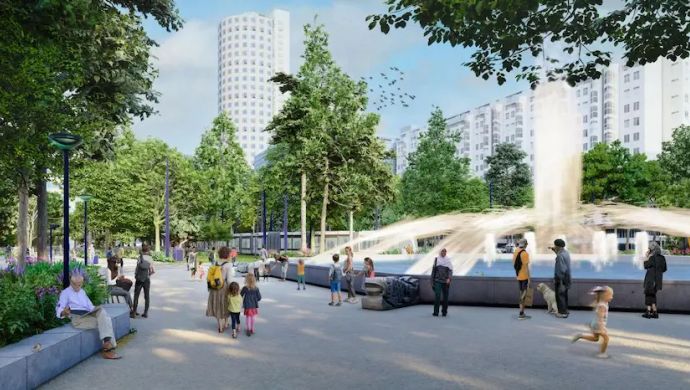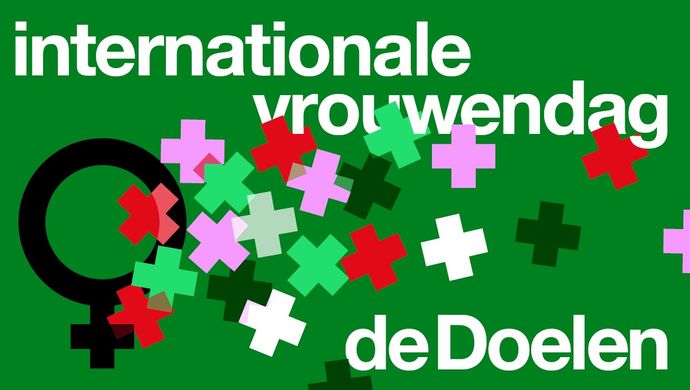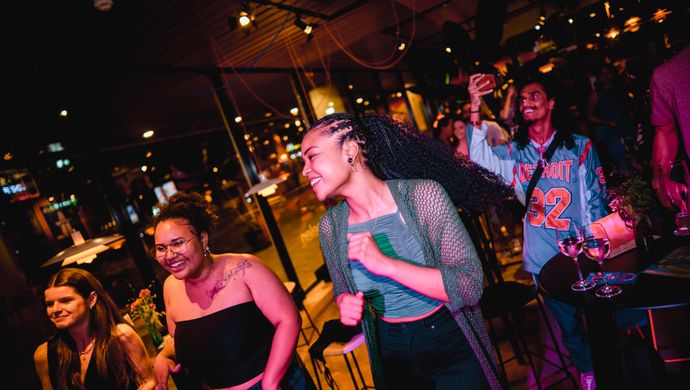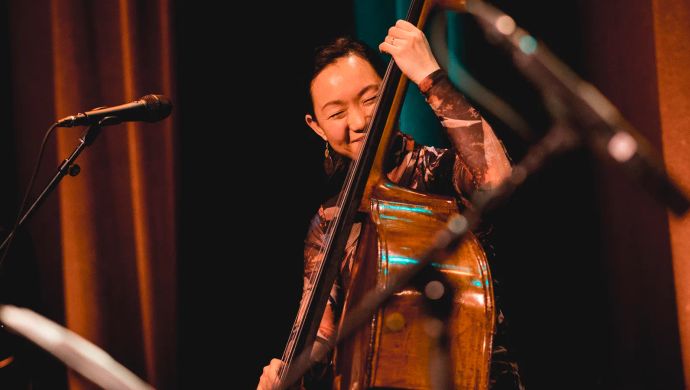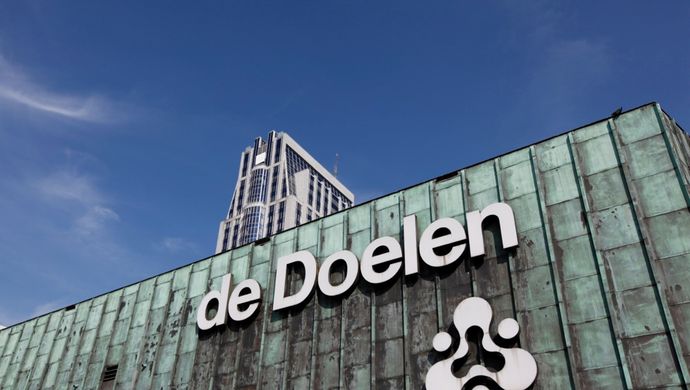De Doelen drills for the future with the construction of a sustainable WKO installation

On Monday 31 March, drilling will commence for the Heat Cold Storage (WKO) system at de Doelen, an important step in making the iconic concert hall more sustainable. This system stores energy in the ground, allowing the building to be cooled and heated in an environmentally friendly manner. Thanks to the investment by both the municipality and de Doelen itself, de Doelen is significantly reducing its CO₂ emissions and, as a national monument, is firmly establishing itself as a future-oriented cultural building.
Sustainable energy, 250 metres deep
The WKO system works via sources in which groundwater from a cold and heat storage facility at a depth of 250 metres is used to heat the building in the winter and cool it in the summer. The system will be connected to the recently modernised climate system of de Doelen. This is expected to result in significant savings in energy consumption and emissions.
The Roodenburg and Haitjema companies are carrying out the work on behalf of the municipality of Rotterdam.
Temporary construction zones around the building
For the construction of the sources, work will be carried out at two locations around the building until mid-July: on Karel Doormanstraat and Kruisstraat. The work will be carried out in phases.
Karel Doormanstraat
- 31 March to 18 April: large construction area; all entrances remain accessible
- 18 April to 11 July: smaller construction area
Kruisstraat
- 21 April to 9 May: large construction area;
- May 9 to July 11: smaller construction area;
Temporary containers will be placed at the drilling rigs for the storage of sand, sludge, water and gravel. A crane truck will also drive back and forth to supply and remove materials.
Moment in the history of de Doelen
"Connecting de Doelen to a new WKO system is a fantastic step towards a more sustainable future and city. With this system, the building is efficiently heated in the winter and cooled in the summer, by using heat and cold from the ground. And we reduce CO2 emissions. De Doelen, a cultural icon of Rotterdam, becomes even more environmentally friendly. Very proud that we as a municipality have been able to take this step through good cooperation."
Janneke Staarink, director of de Doelen: “By joining forces as a municipality and de Doelen, we are structurally contributing to a more sustainable Rotterdam. It is great that after years of preparation, the moment of drilling the wells has finally arrived!”

